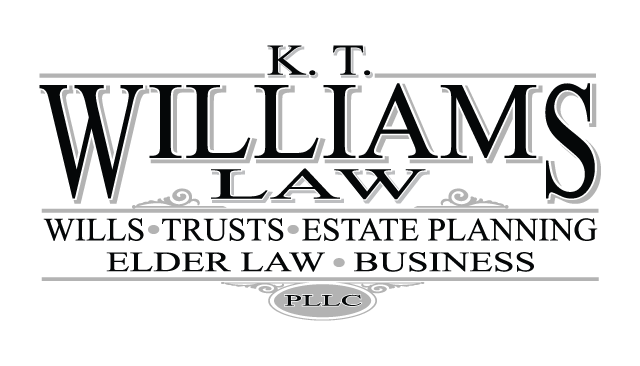Preparing For The Unexpected. . . Sickness, Death, or Expense: What You Should Do – Part 1.
It’s easy to be get caught up in everyday life. And when that happens, it’s easy to forget that life is more than what it happening to us at the moment. If we don’t prepare for what lies ahead, we may miss some important opportunities. Here is a list of steps you should take to be better prepared for some of life’s unexpected twists and turns.
Make a List of Your Accounts, Insurance, and Automatic Transactions
Make a list. That seems simple enough. But you would be surprised how few people do this. Nevertheless, it is one of the easiest ways to locate missing money and to identify unnecessary expenses. Here’s what you should do.
Gather the most recent monthly statement for each of the bank accounts and credit card accounts that you have. Print the newest statement for any accounts that only come electronically. Now, make a list of each account number, the account balance at the last statement date, the name of the account owner, the address, telephone number, and location of the financial institution holding the account, and the financial representatives who help you with the account. If you have a username and password to access an account electronically, make sure you have it listed in a safe place, too.
Follow a similar listing process for your investment accounts. Then, focus on your insurance. On the list for insurance, identify your insurance coverage and policies that are in force. Make a list of the type of insurance it is, the policy number, the agent, and the insurance company. If you have life insurance, include the amount of the death benefit, the identity of each designated beneficiary, and the cash value if the policy has cash value.
Finally, while you have your account statements handy, review them for automatic payments, such as monthly membership fees or premiums. Automatic payments that are deducted from our accounts usually stop when we cancel the service that generated the payment, but mistakes happen. If we’re not proactive about reviewing our monthly transactions, we might overlook a recurring withdrawal that shouldn’t occur any longer. So take a moment to review your statements for recurring charges that are in error. If you find any, immediately follow up with the vendor who charged your account and request a refund of over charges.
Make a List of Your Real Estate
If you don’t own any real estate or own very little real estate, this part of the list will be short. Include the owner’s name, property address, value, and mortgage amount. Include with this list a copy of the deed you received when you acquired the property and a copy of the mortgage, too. If you own multiple pieces of real estate, include all of them on the list.
Make a List of Your Personal Property
Yes. Make a list of your personal property, too. How detailed you make it is up to you, but the more detailed it is, the easier it will be to identify value. For example, items holding nostalgic value today may have seemed like junk just a few years ago. Vintage signs, dolls, toys, and action figures are just a few of the items that may have seemed worthless years ago, but may be nearly priceless today. I encourage you to keep a detailed list.
Include on this list any tools, equipment, and raw materials that you may have accumulated over the years. Whether as a job or a hobby, you might purchase special tools or equipment. And when your interest is highest, you might purchase extra raw materials or inventory for the activity. As your interest changes, it’s easy to forget about this equipment or material. But it’s value may remain or increase. So be certain to consider the hobbies and outside interests that you’ve pursued over the years. You could have quite a bit of value sitting on a shelf or resting in a storage building or warehouse.
Meet With Your Financial Advisor, CPA, and Attorney
Preparing for the unexpected in your life justifies spending a little time with the professionals who see the unexpected every day. Your financial advisor, CPA, and estate planning/elder law attorney have seen unexpected and surprising life experiences in their clients and friends and have learned from them. We use that learning to help us better advise you so that you can avoid the problems that others faced and so that you can take advantage of opportunities that others missed. Preparing ahead and being proactive about your future is time, effort, and money well spent. It’s the kind of investment that pays off for a lifetime. For help in preparing for the unexpected in your life, contact us, and stay tuned for Part 2 where we’ll explore other steps you should take.



